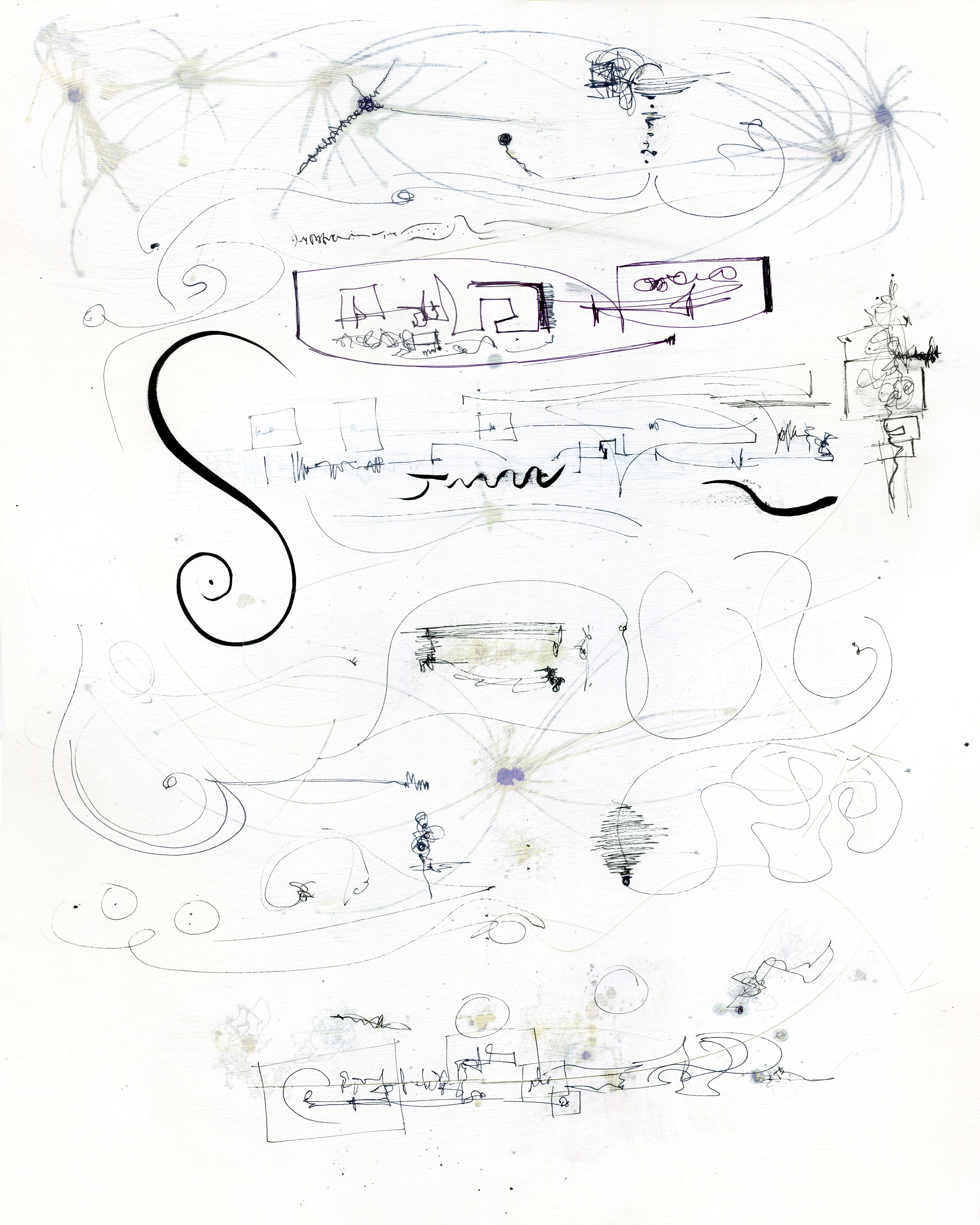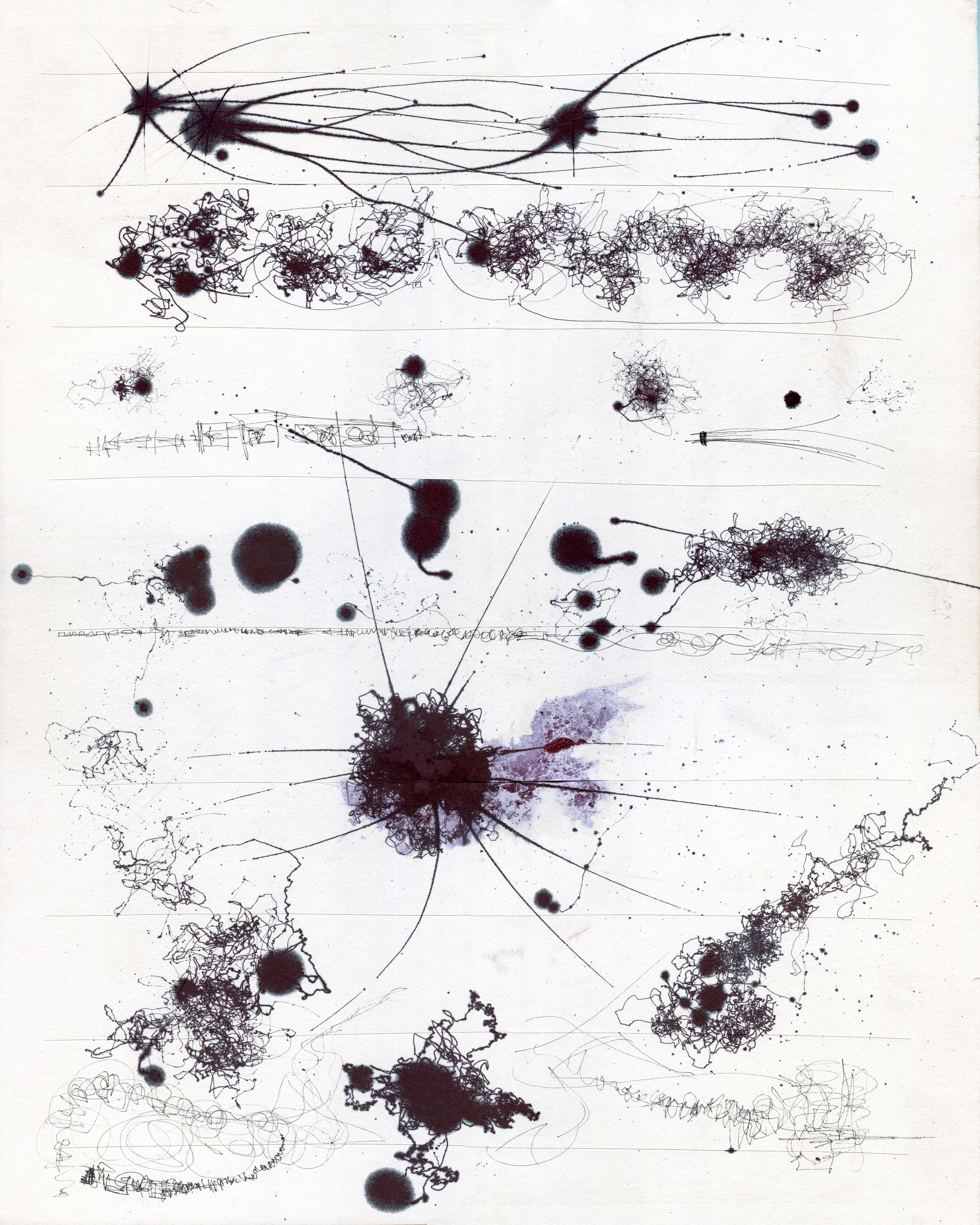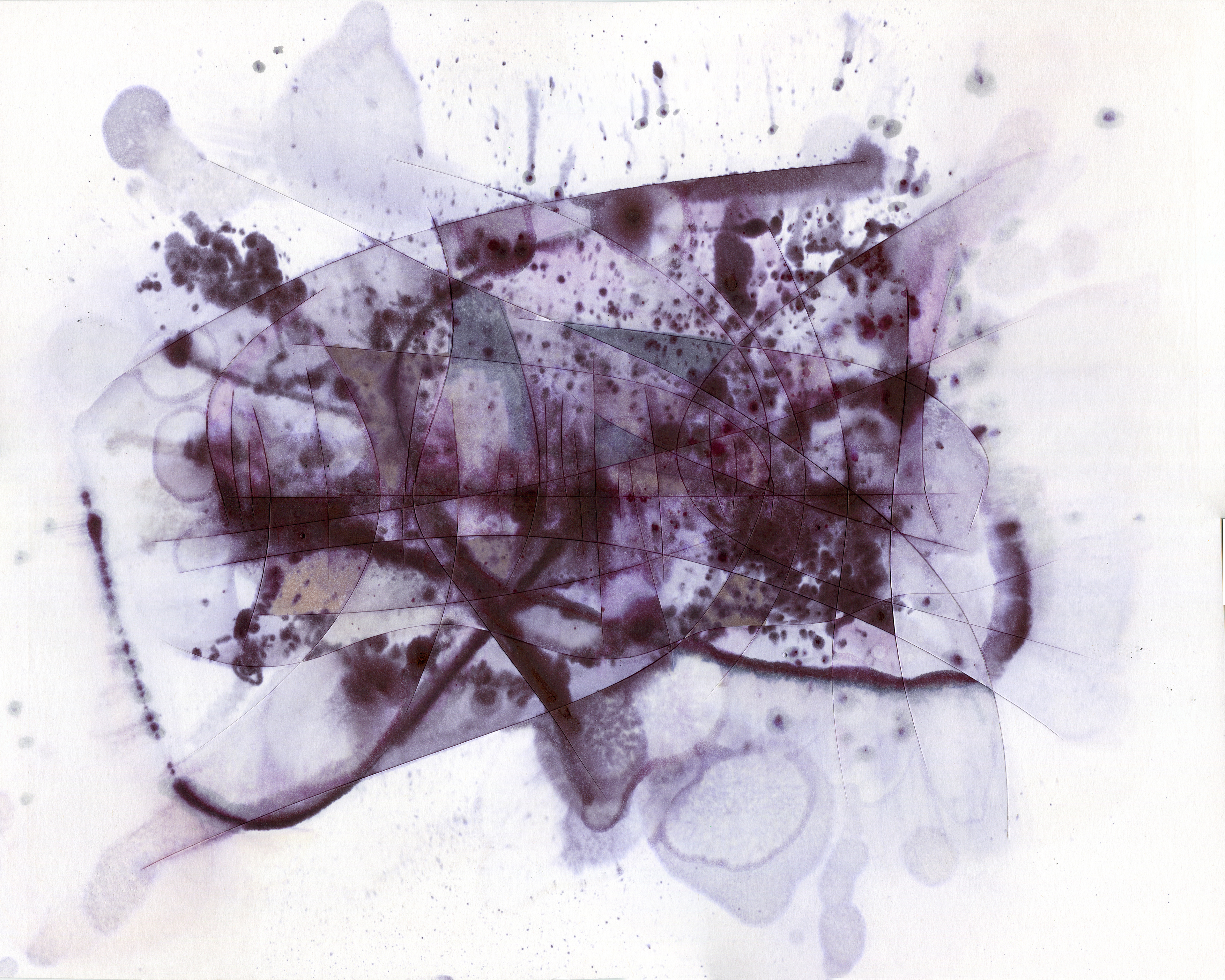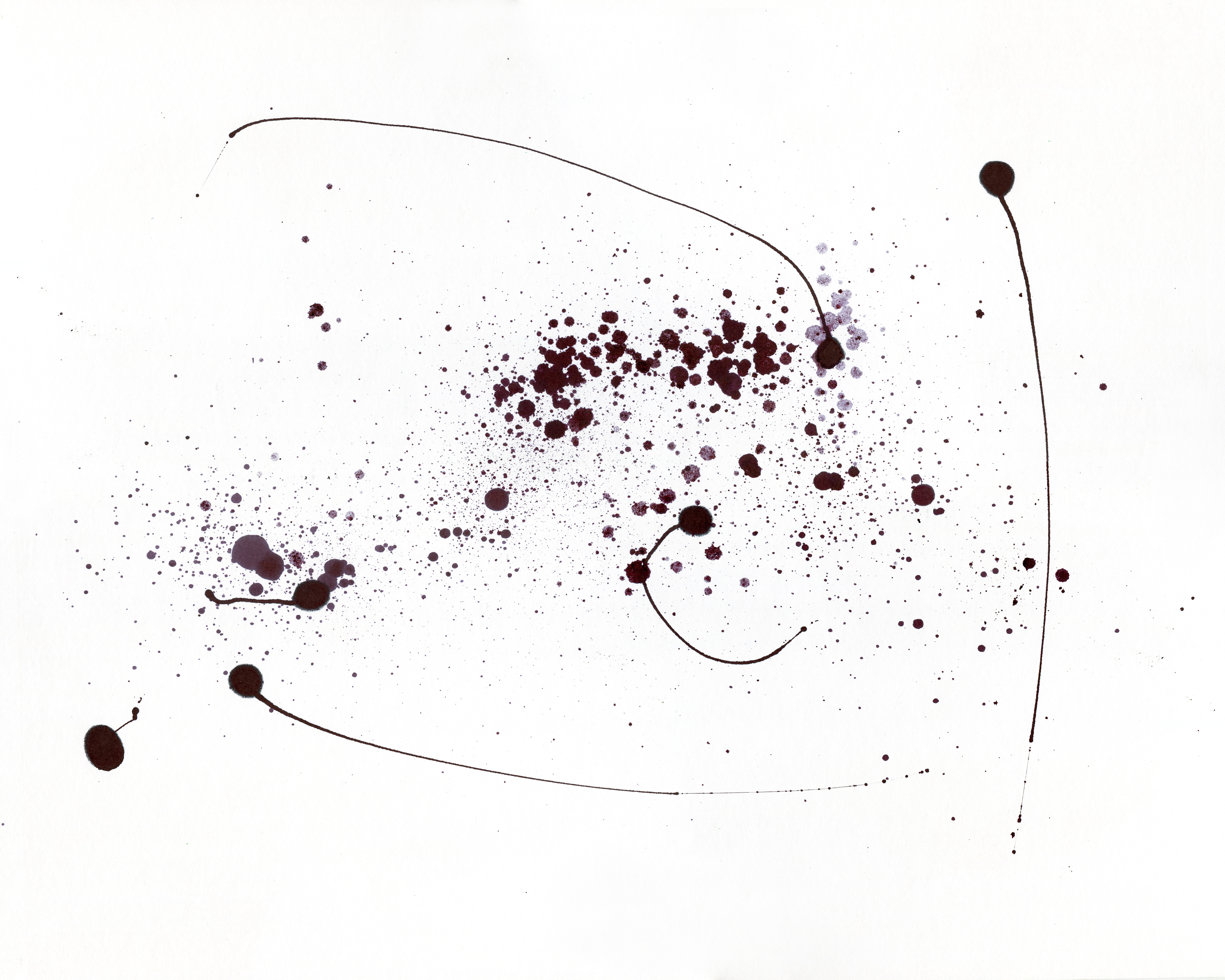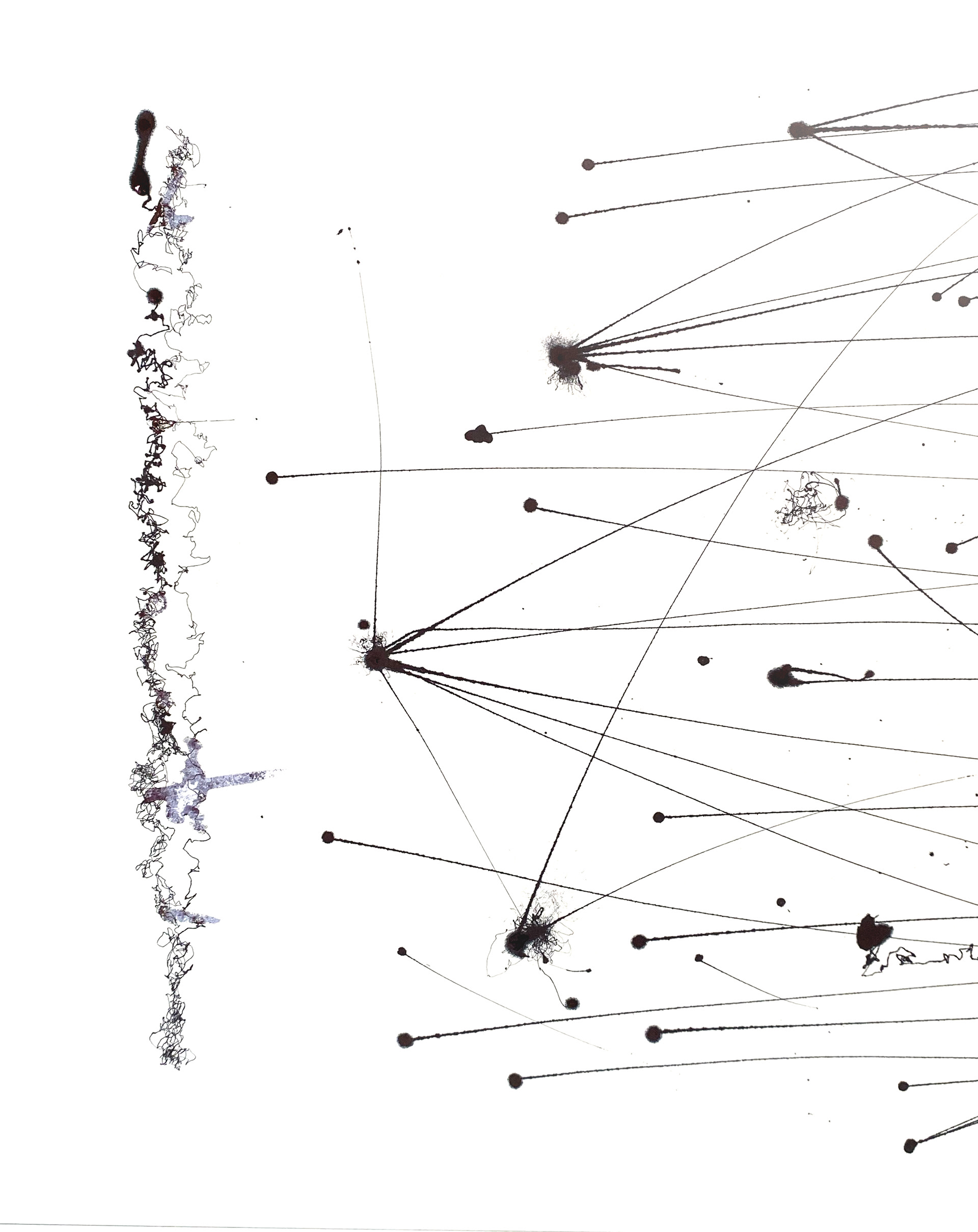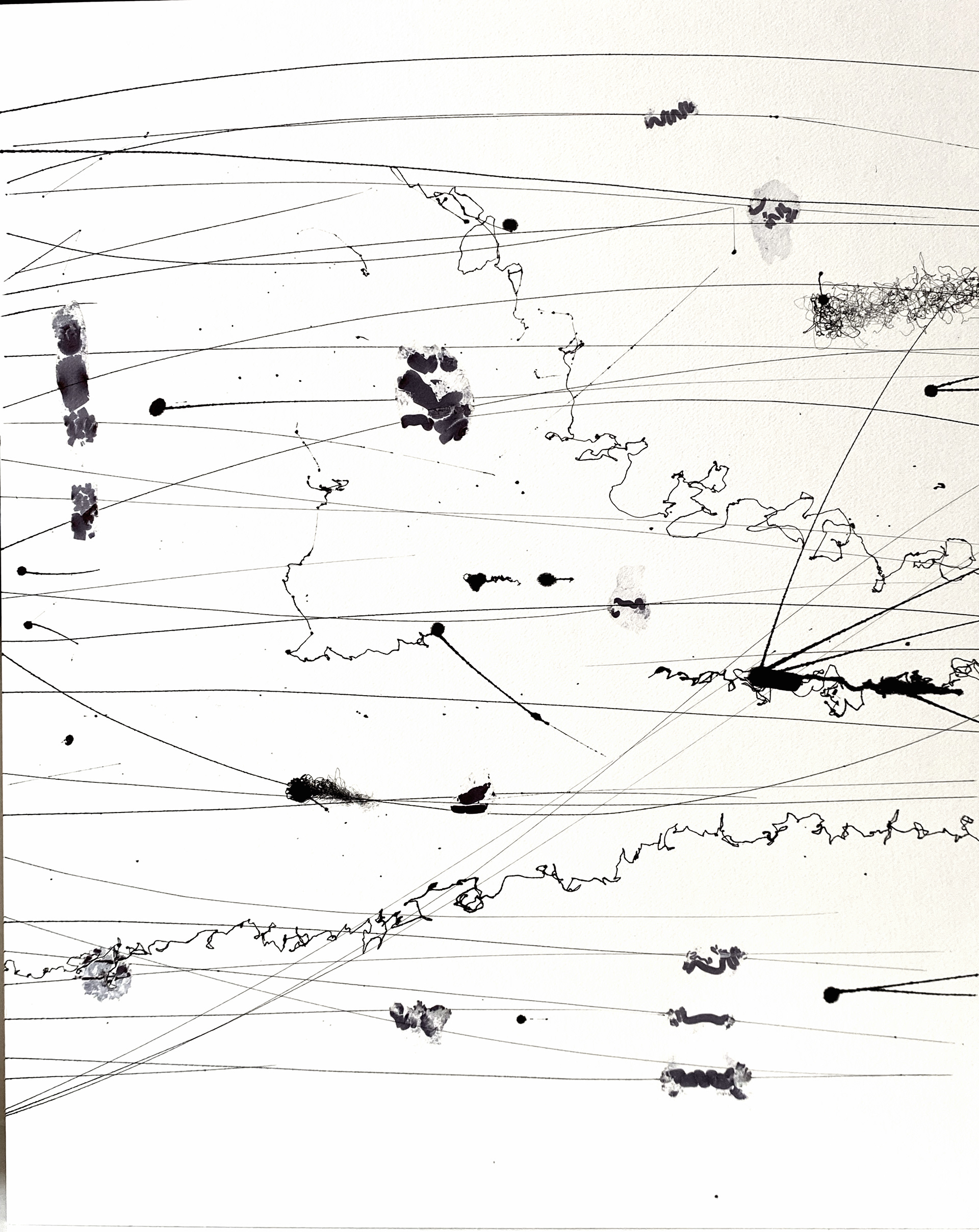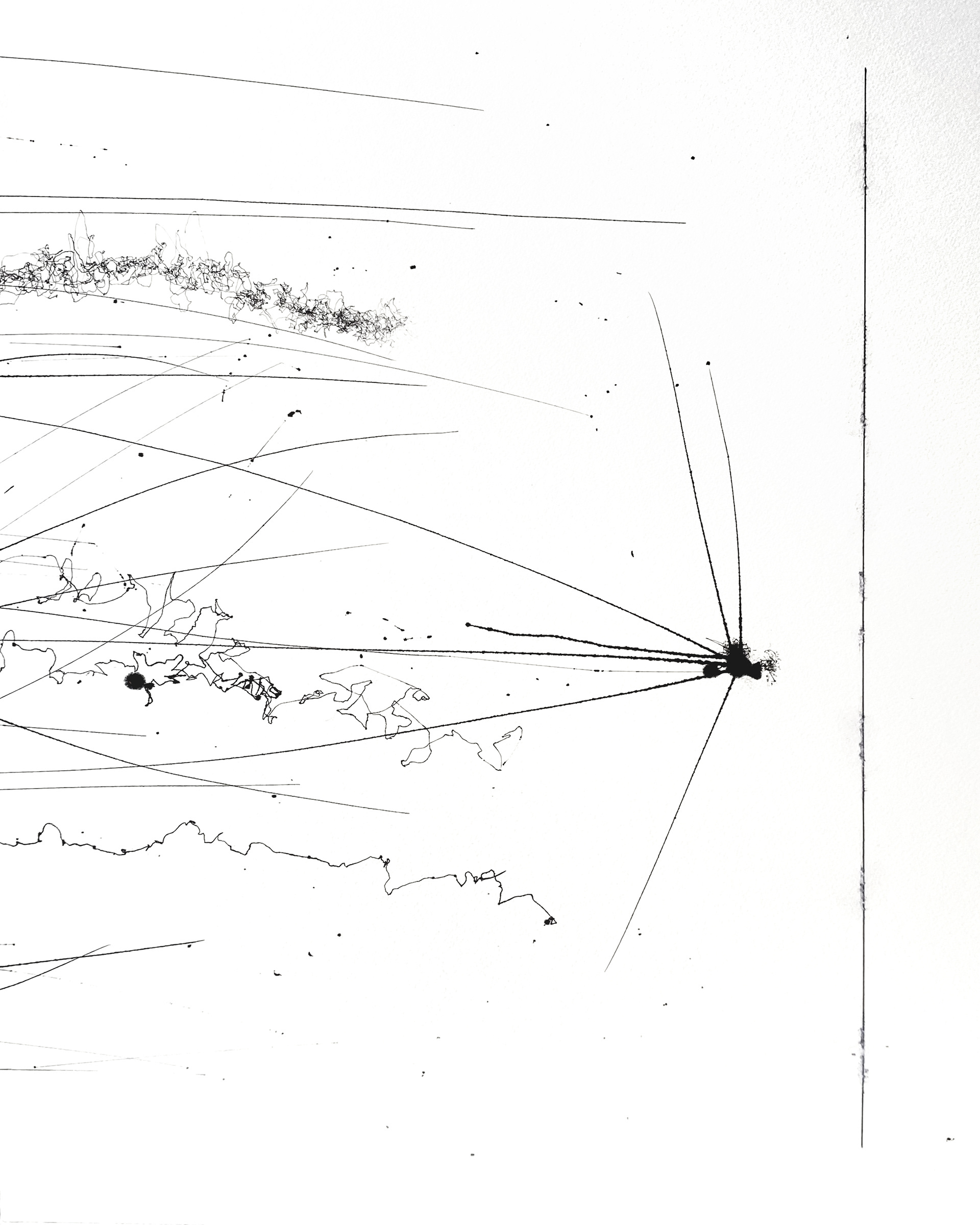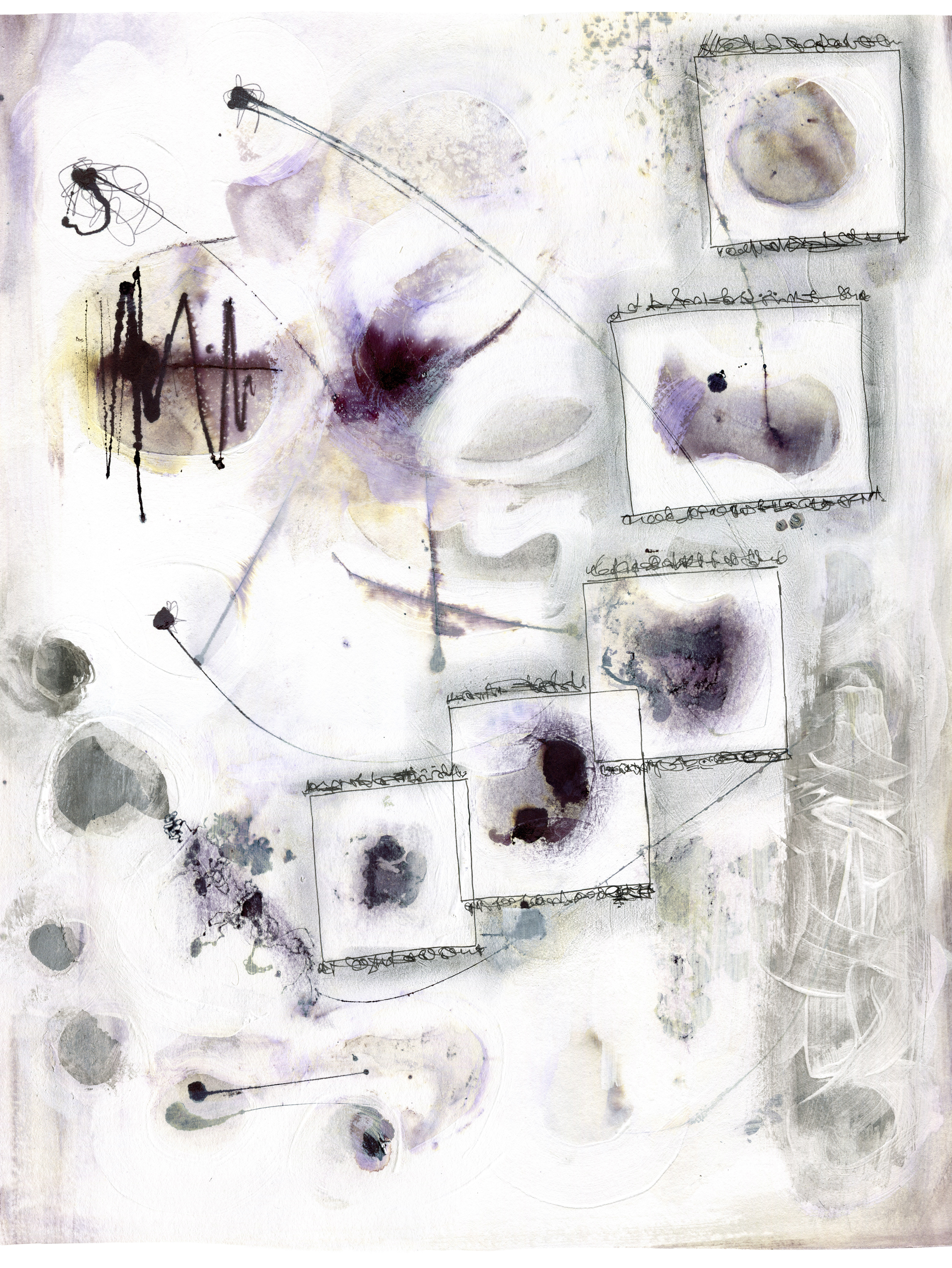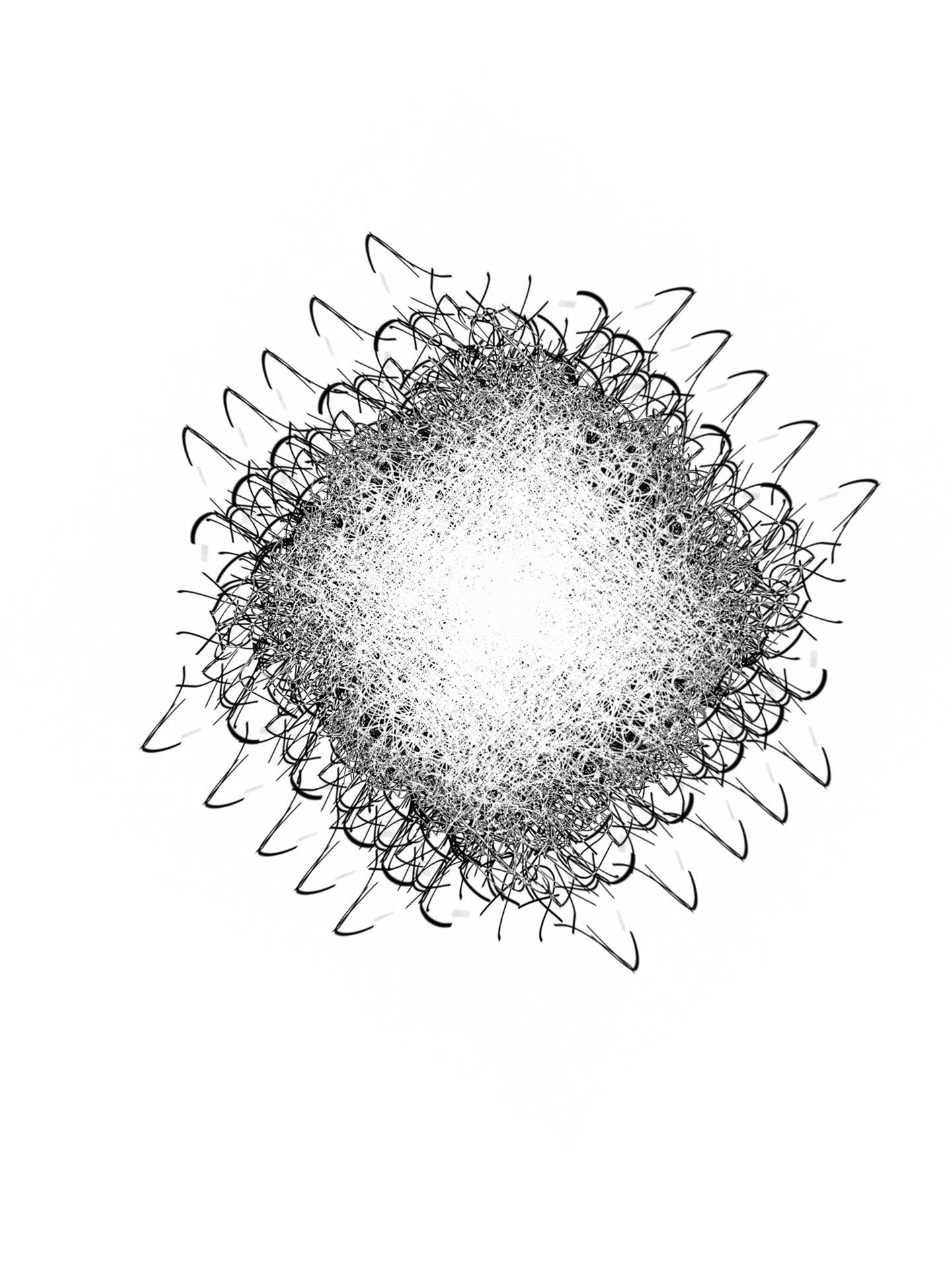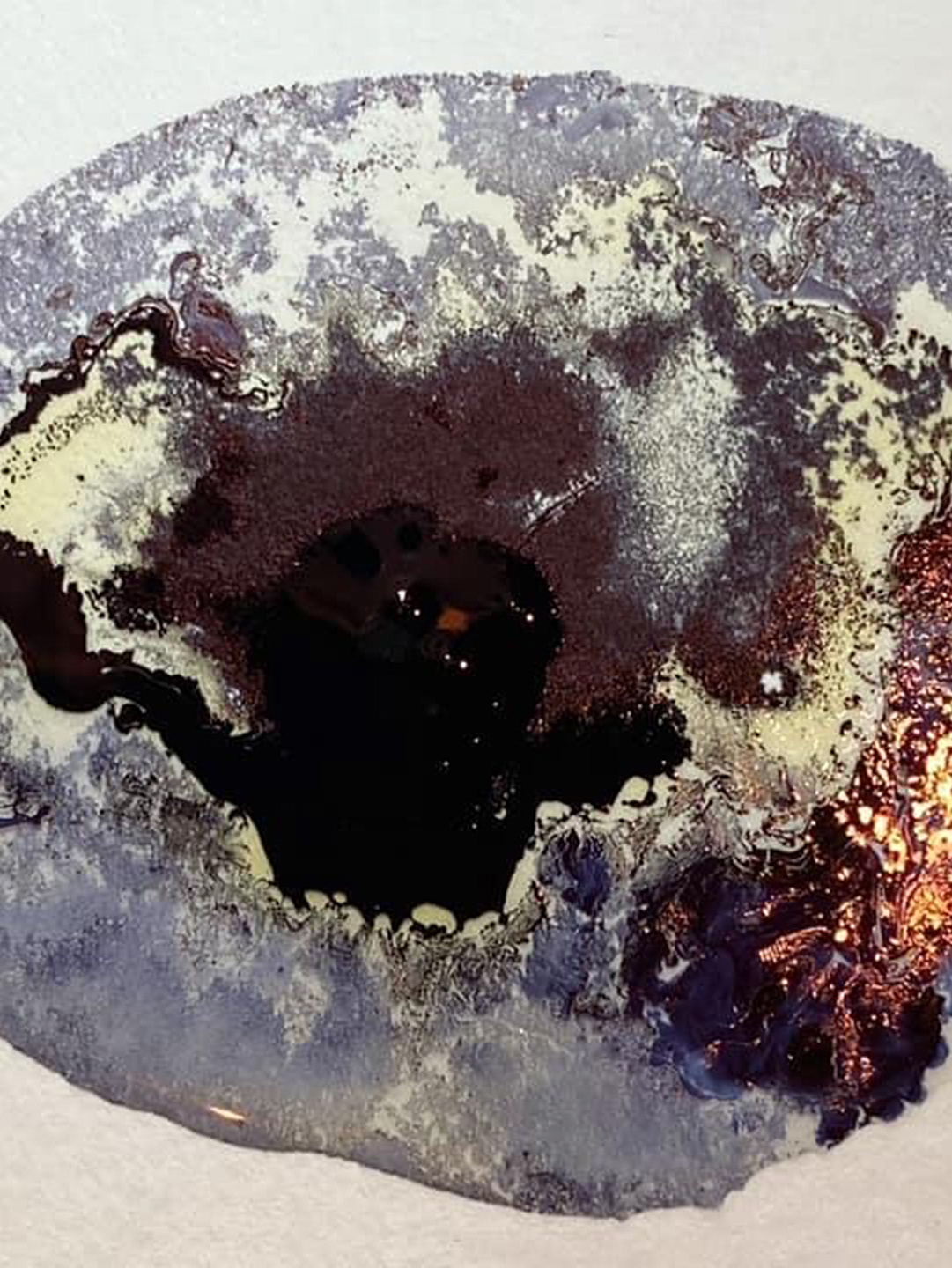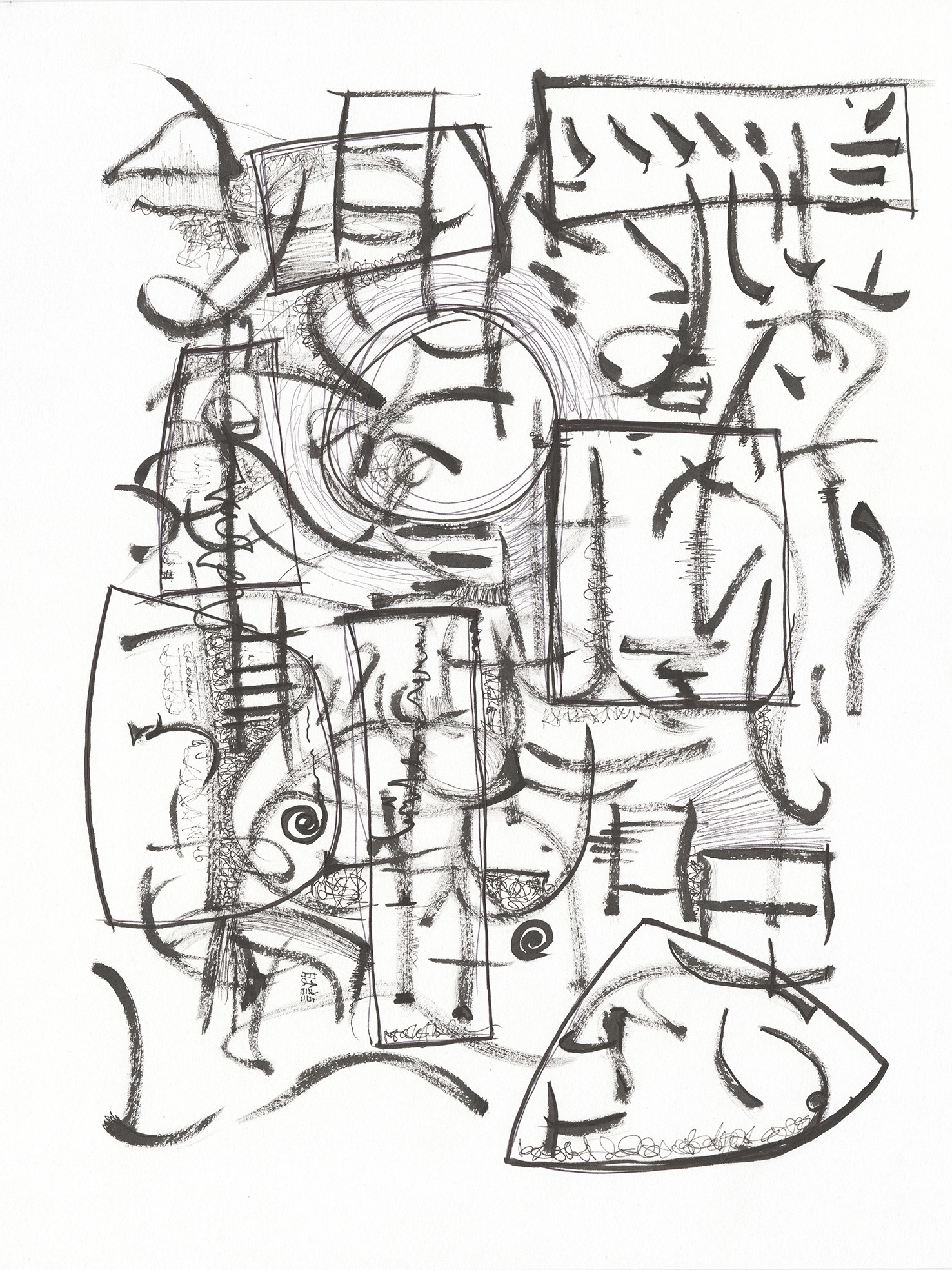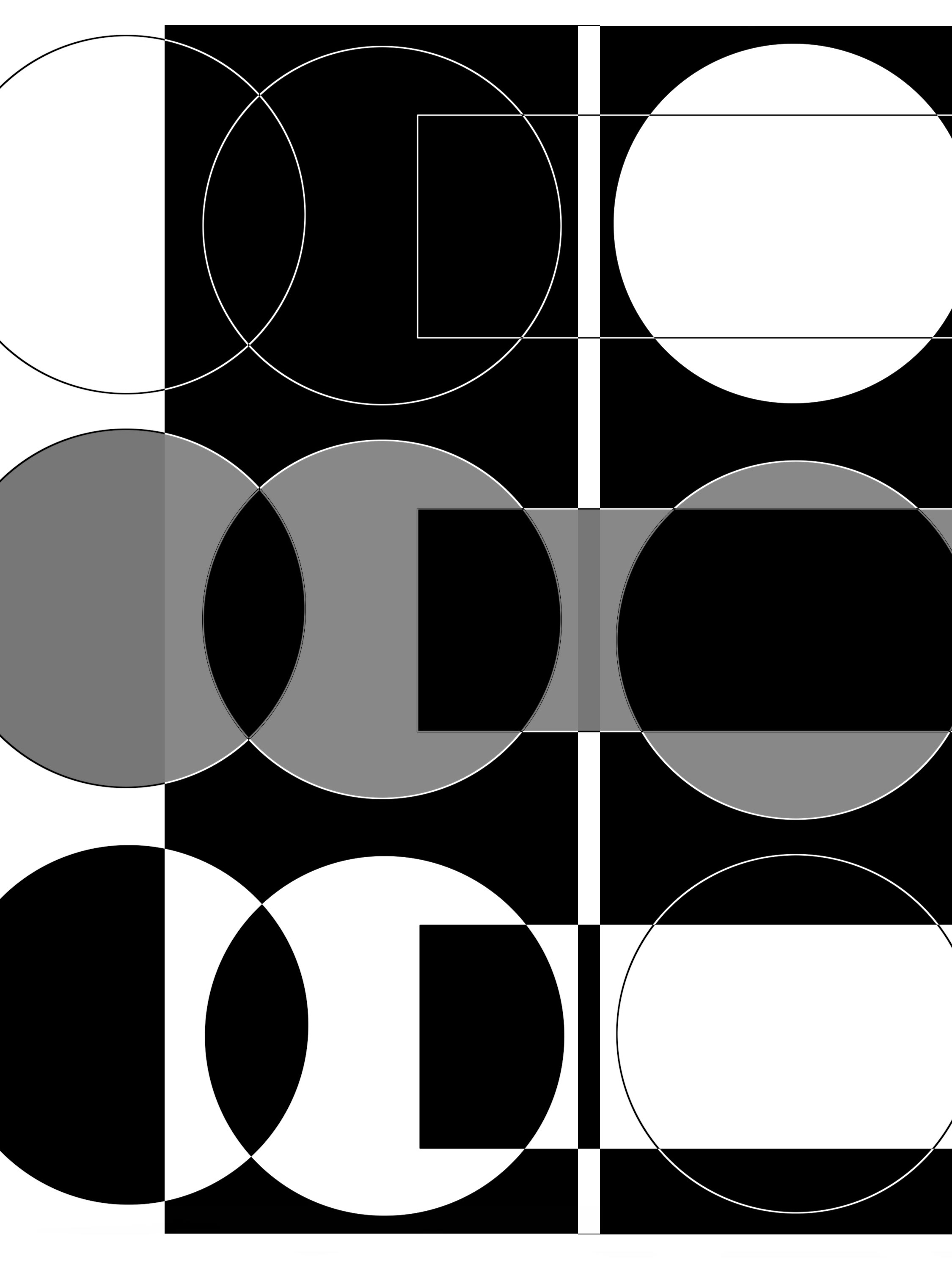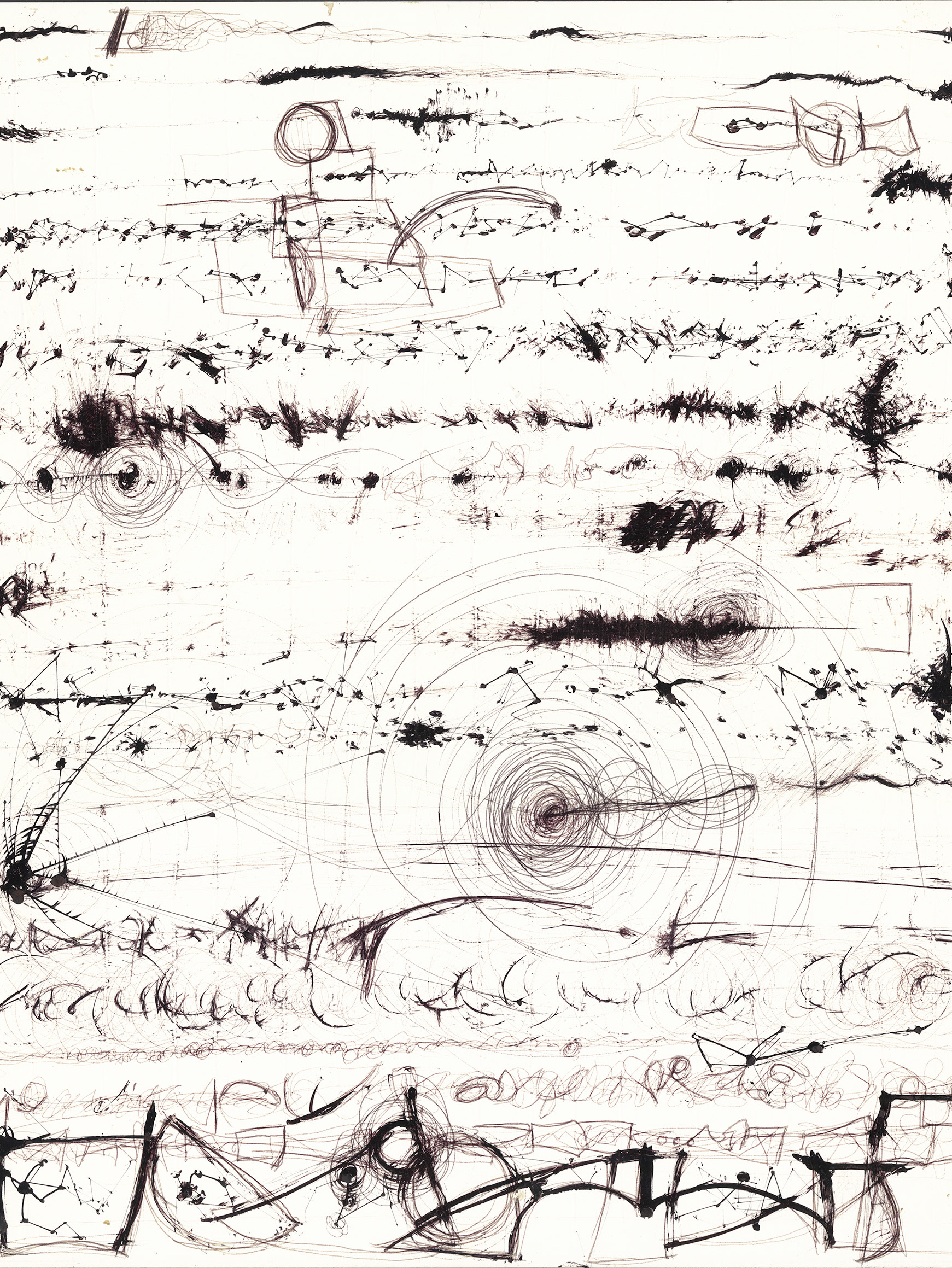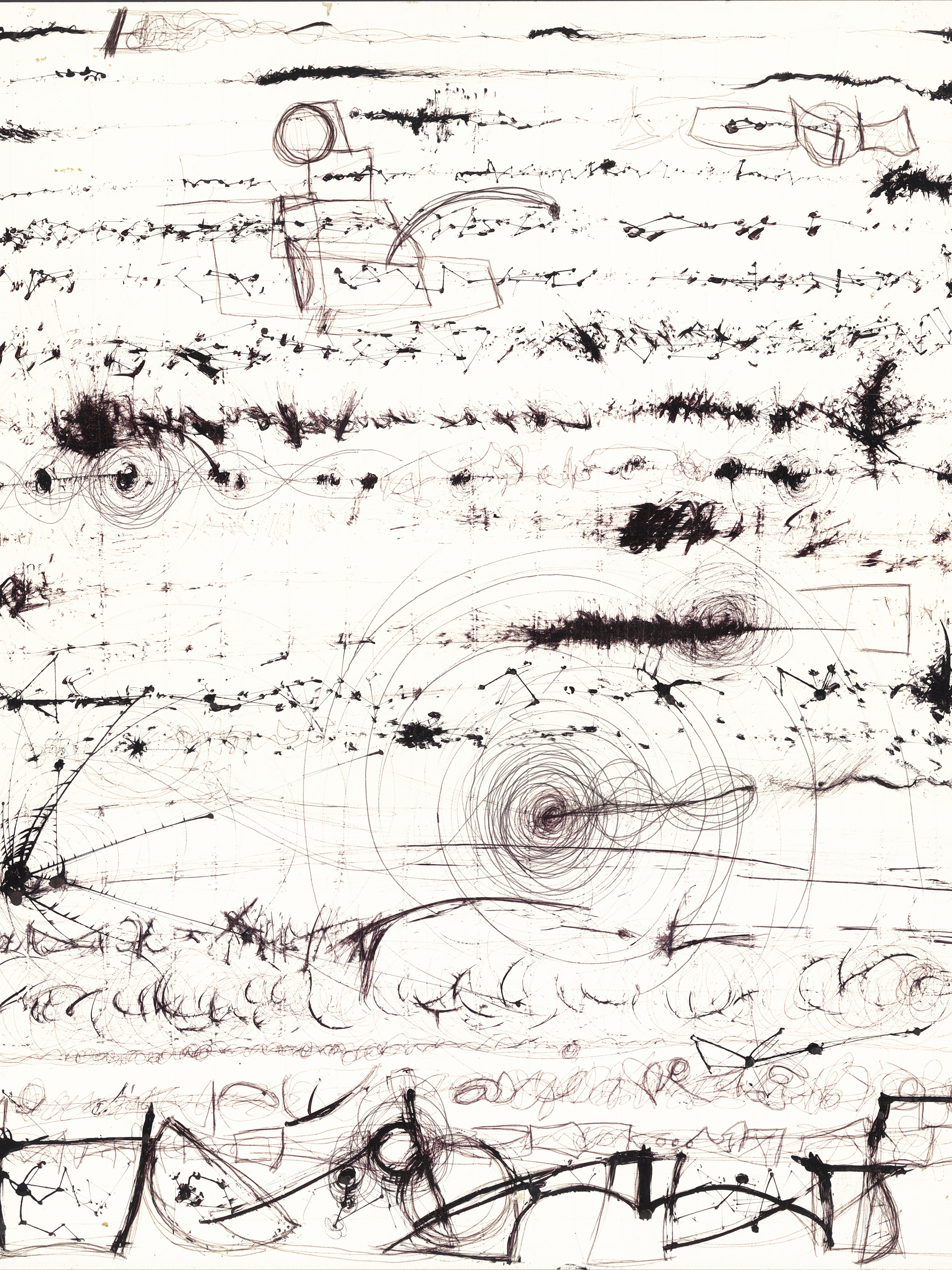“Realize you’re going to give up some things that you’ve worked so fucking hard for.”
-Robert Pearson
Relative Dissonance performed a very special EYEmusic score at Archway Gallery on May 15th at 8pm.
EYEmusic XXVI, “Laughing at the Gorgon” is a commission dedicated to Robert Pearson.
Robert is an exceptionally talented and creative musician, whose original approach to the keyboard is energetic, exploratory, astonishing and powerful.
This commission was originally intended to be a portrait of Robert Pearson as part of a series of graphic scores inspired by musicians.
In the summer of 2021 Robert was diagnosed with ALS, and the course of the commission has changed to include the adjustments, struggles and realities of life with this disease.
Normally, the stories behind the EYEmusic scores are reserved for the musicians only, to be used as a compositional/improvisational lens.
But in collaborating with Robert on the graphic score, he wished for more to be made available to the public, specifically the instructions to the musicians.
What follows are some of Robert Pearson’s EYEmusic story instructions to the musicians:
“Let me first start off with grasping the idea of one losing ones ability. Once you decide to impair your playing, you can never return to it. It’s gone. This is an emotional piece, you are going to half to face what you fear. That what you have worked so hard to achieve can be taken away from you. It's not just about impairment, it's about anguish, remorse, feeling fragile and not in control.
Everyone will start off playing with their full ability. We will need that so the audience can compare it to the diminished abilities.
Impairment : I originally thought about the idea of bandaging up one of the musicians hands , since that was the first thing I lost was the ability to use my right hand. But I don't want anyone to feel like they don't have a good grasp of their instrument. We are not trying to create an obstacle course for the musician to play through, even though that may be what it feels like. I want the musicians to feel a deep sense of lost, something they can't recover. Think of this as literature, your character doesn't have a happy ending.
So, the rules are, once you give up an ability in the performance you can never get it back. There is no time frame for when you give it up, it would be better if this occurred at different times in the piece for each musician. We must find a way for each musician to accept self-grief, to get yourself in the right emotional mood.”
